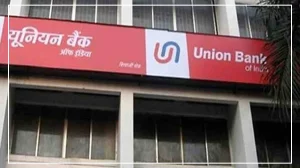Market regulator SEBI has extended the deadline for submitting feedback on its consultation paper regarding the review of the Mutual Fund Regulations 1996.
Investors, fund houses, and other stakeholders can now share their views on the proposed reforms till November 24, instead of the earlier deadline of November 17.
SEBI had issued this consultation paper on October 28, proposing several changes such as revising exit load rules, improving the Total Expense Ratio (TER), reducing brokerage charges, and increasing transparency for investors.
What Is TER and Why Does It Matter?
The Total Expense Ratio (TER) is the overall cost of managing a mutual fund scheme. It includes management fees, operating expenses, and certain government charges.
TER directly affects investor returns—a higher TER means more deductions from the fund’s profits.
According to Shivani Nyati, Head of Wealth at Swastika Investmart, SEBI’s proposal to reduce TER will be beneficial for investors, as it will lower investment costs and make the fee structure more transparent.
Key Changes Proposed in the New Framework
Removal of Additional 5 Basis Points Fee
SEBI plans to remove the extra 5 basis points (bps) fee that asset management companies (AMCs) are currently allowed to charge on all mutual fund schemes.
This extra charge was introduced in 2012 to compensate for exit load amounts being credited back to schemes.
It was reduced from 20 bps to 5 bps in 2018. Now, SEBI wants to eliminate it completely to further reduce costs for investors.
Government Fees to Be Kept Outside TER
SEBI has also proposed that all government-related fees—such as Securities Transaction Tax (STT), Commodity Transaction Tax (CTT), GST, and stamp duty—should be excluded from TER.
At present, only the GST on management fees is kept outside the TER cap, while other government fees are included. This change aims to make TER more transparent and fair for investors.
























